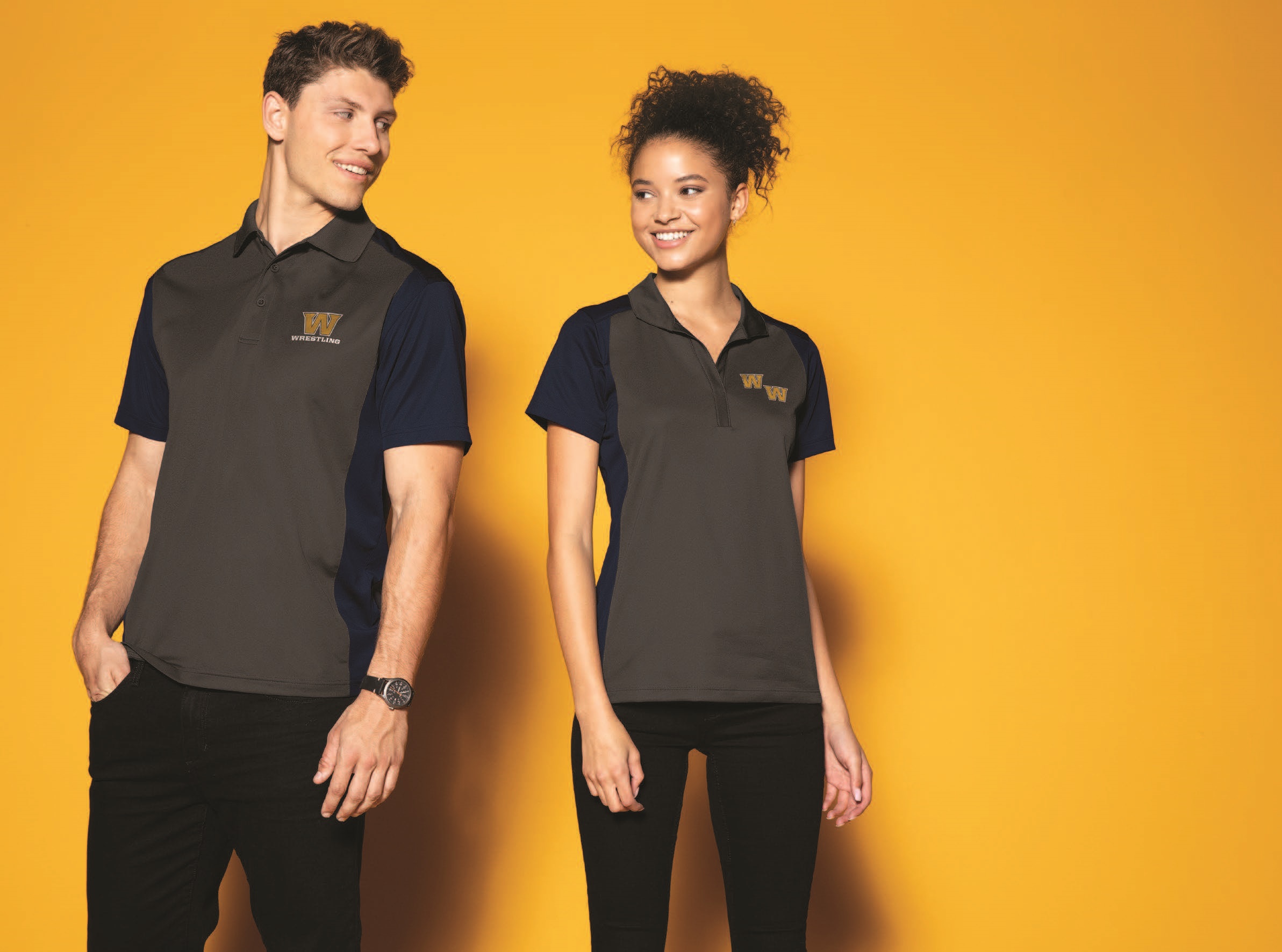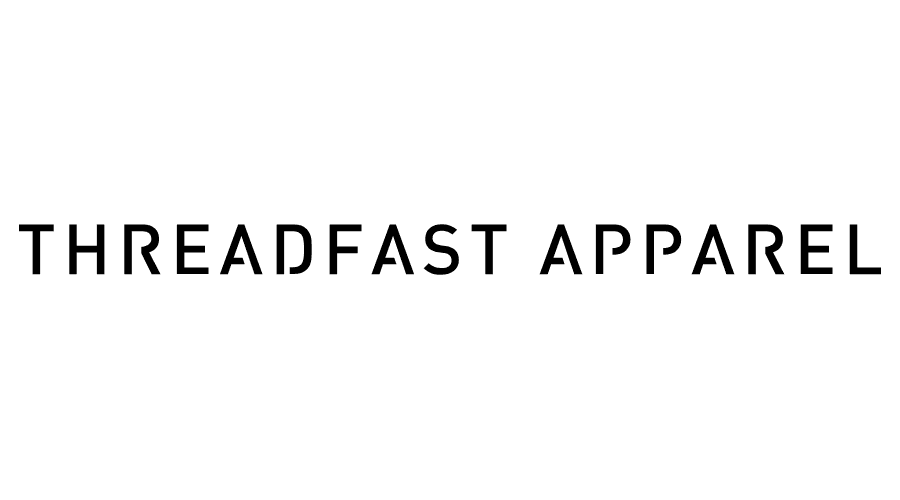Sustainability, inclusion and diversity were the focus at the Kornit Fashion Week, which took place Nov. 2-5 in Los Angeles. Featuring keynote speakers and presentations, educational sessions, live demos and, of course, runway shows, the event put the spotlight on how fashionable apparel can be created sustainably using digital printing technology.
“Kornit Fashion Week LA was conceived earlier this year, largely as a result of the successful exhibition we’d hosted in Tel Aviv,” sayid Robert Zoch, global content manager at Kornit Digital. “We only confirmed the venues about two months before the show, and the designer collections were initiated and completed within that tight timeframe. … It took considerable effort from a great many valuable Kornit employees, partners and customers from North America to Israel.”
Each day of Fashion Week, which brought together 22 designers and over 400 models, hosted keynote speakers and panels of industry experts talking about digital transformation, sustainability, demand creation, fashion and market opportunities, according to the Kornit website. Many focused on the current state of the apparel industry as well as its footprint on the environment, such as keynote speaker Carlos Arias, CEO of Denim Forward, who discussed his brand’s transformation to a more sustainable, less wasteful production model.
“This is just the beginning.” Kornit Digital CEO Ronen Samuel reflects on the six-month journey from concept to #kornitfashionweek, which brought together 22 designers and 400+ diverse models to showcase what #sustainable #ondemand fashion can do. Hats off to @MottyReif! pic.twitter.com/vFDms7W0i4
— KornitDigital (@kornitdigital) November 5, 2021
Denim Forward also played host to the debut for Kornit’s new Presto MAX machine, showcasing a live demo during the event.
“[The Presto MAX] is the only single-step solution—and the most sustainable solution available—for direct-to-fabric printing,” Kornit said in a press release.
“At these fashion shows, our goal is to demonstrate that technology now exists to create value and responsiveness by on-demand textile printing while eliminating waste,” said Zoch. “Our technology eliminates overproduction, reduces water uses, and minimizes greenhouse gas emissions while empowering fair labor and inclusion for creators of all cultures, persuasions and lifestyles. This program reflected that commitment to fairness, responsibility and diversity.”
Keynote speaker Marta Miller of @leftyproduct at #kornitfashionweek pic.twitter.com/AB5u5hLcc4
— KornitDigital (@kornitdigital) November 5, 2021
A huge part of the program was the runway shows, where multiple designers showcased styles created using digital printing technology. Each day, Kornit brought these shows not only to an in-person audience, but also livestreamed them via its social media platforms.
Day one opened with Kobi Halperin, whose looks focused on flowy shapes, soft colors and floral prints. In fact, the flowy comfortable styles seemed to be a popular look with many designers, though some, such as Georgine and Aliona Kononova, incorporated pops of vibrant color.
While many trends were showcased throughout the runway shows, the emphasis was geared toward eco-friendly decorating methods and clothing, as well as themes such as women’s empowerment, diversity and inclusion. Many of the runway shows went beyond models walking the catwalk to bring these issues to light, with some designers implementing performance into their shows. Each of the designers were also represented by models of all different demographics.
“With on-demand production, you can react in real time. We are living through a digital revolution, and Carlos’s factory here is the embodiment of our vision.” -Ricardo Nava of Kornit Digital, at Denim Forward #kornitfashionweek pic.twitter.com/rCsMr9C705
— KornitDigital (@kornitdigital) November 2, 2021
“The designers who participated expressed great support and enthusiasm for the showcase we delivered, both as a means of presenting their work to the market and as a demonstration of digital’s capability for empowering them to create in a manner that’s fast, profitable, and versatile,” Zoch said. “The finished products, and the business strategies laid out by those adopting the new production technologies—such as building a localized network of fulfillers for proximity production, rendering supply chain headaches and risk moot—were eye-opening for all parties involved, and none more than the creators themselves.”
Fashion label threeASFOUR closed out the week, “fusing cutting-edge technology with traditional craftsmanship to create clothing at the intersection of fashion and art,” according to Kornit’s Instagram page.
“It’s about inclusion and diversity—we’re all about changing the textile industry, making it sustainable,” said Kornit CEO Ronen Samuel in an opening statement at the show.
One hell of a finale for the second day of #KornitFashionWeek, compliments of @Juliaclancey pic.twitter.com/oPprd4CbnI
— KornitDigital (@kornitdigital) November 4, 2021
In an industry that’s often scrutinized for its negative impact on the environment, the company is hoping to change that.
“Sustainability is the key factor that we are driving. As you all know, this industry is the second-most polluting industry. Leveraging [Kornit] technology, you can do it fully sustainable, fully green without any waste of water.”



